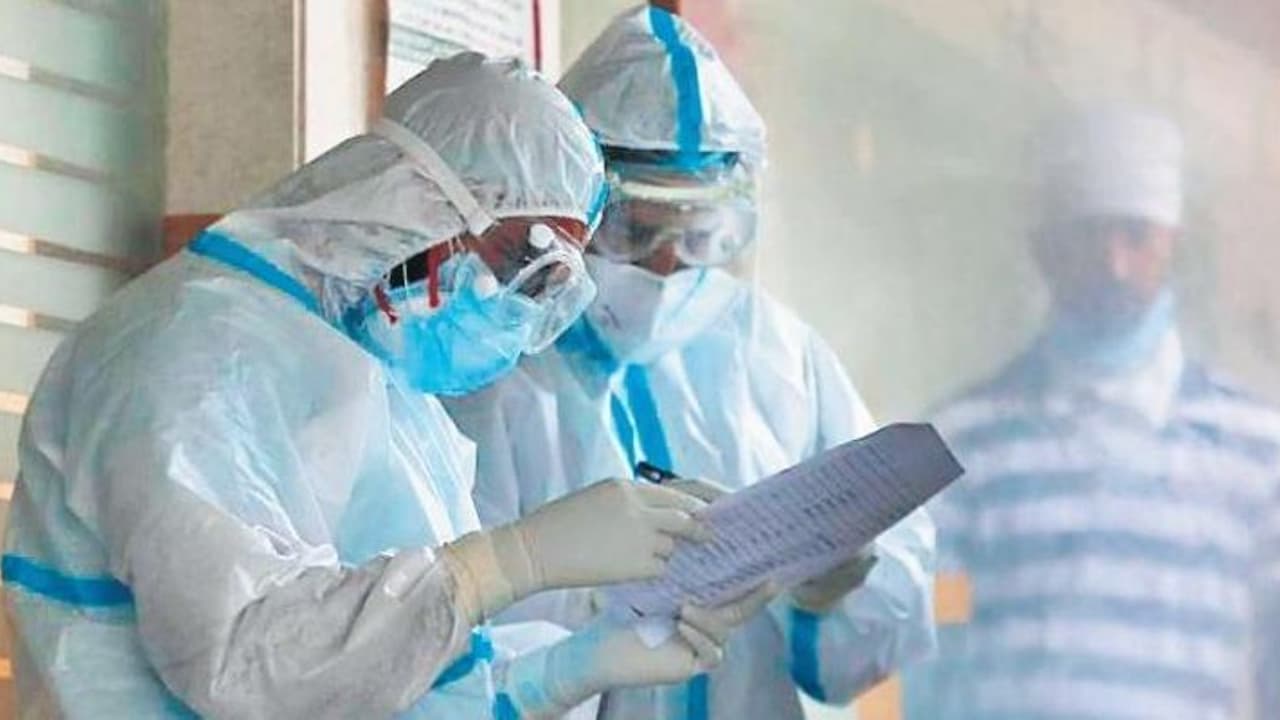The study has also detailed that the stigma has come out with different expressions as the HCWs also faced verbal and physical abuse reported to a large extent on social media platforms.
An Indian Council of Medical Research (ICMR) study has revealed that increase in the work volume and intensity, manifestations of stigma and additional responsibilities has affected India's healthcare workers (HCWs) in a psychosocial manner.

The study has also detailed that the stigma has come out with different expressions as the HCWs also faced verbal and physical abuse reported to a large extent on social media platforms.
"Manifestations of stigma have been reported in India with doctors, and nurses being forced to vacate from their premises and reports of physical violence on HCWs in many parts of the nation. This reported stress, anxiety, depression and sleep-related issues among HCWs," the study stated.
Explaining the impact, the study published in the Indian Journal of Medical Research states that some of the workers were also forced to vacate their residence.
"Staying away from their respective families and the families affected because of the long separation and the protocol measures of being involved in COVID-19 care duties. The fear of infecting their families was far higher than the fear of being infected themselves," the study result stated.
The study said that longer working hours with erratic timings resulted in sleep deprivation as well as unhealthy eating patterns, pointing out the challenges that arrived at the organisational level reflecting major changes in the working culture.
The conclusion was derived after a study was conducted on 967 participants across 10 sites - Bhubaneswar (Odisha), Mumbai (Maharashtra), Ahmedabad (Gujarat), Noida (Uttar Pradesh), South Delhi, Pathanamthitta (Kerala), Kasaragod (Kerala), Chennai (Tamil Nadu), Jabalpur (Madhya Pradesh), Kamrup (Assam) and East Khasi Hills (Meghalaya).
Out of these, 54% of respondents were females and 46% were males. The respondents were primarily in the age group between 20 and 40 years.
NOTE: Asianet News humbly requests everyone to wear masks, sanitize, maintain social distancing and get vaccinated as soon as eligible. Together we can and will break the chain #ANCares #IndiaFightsCorona
